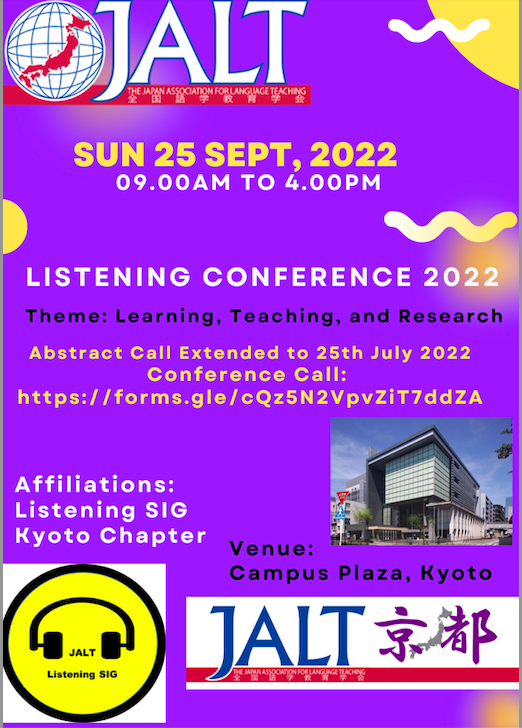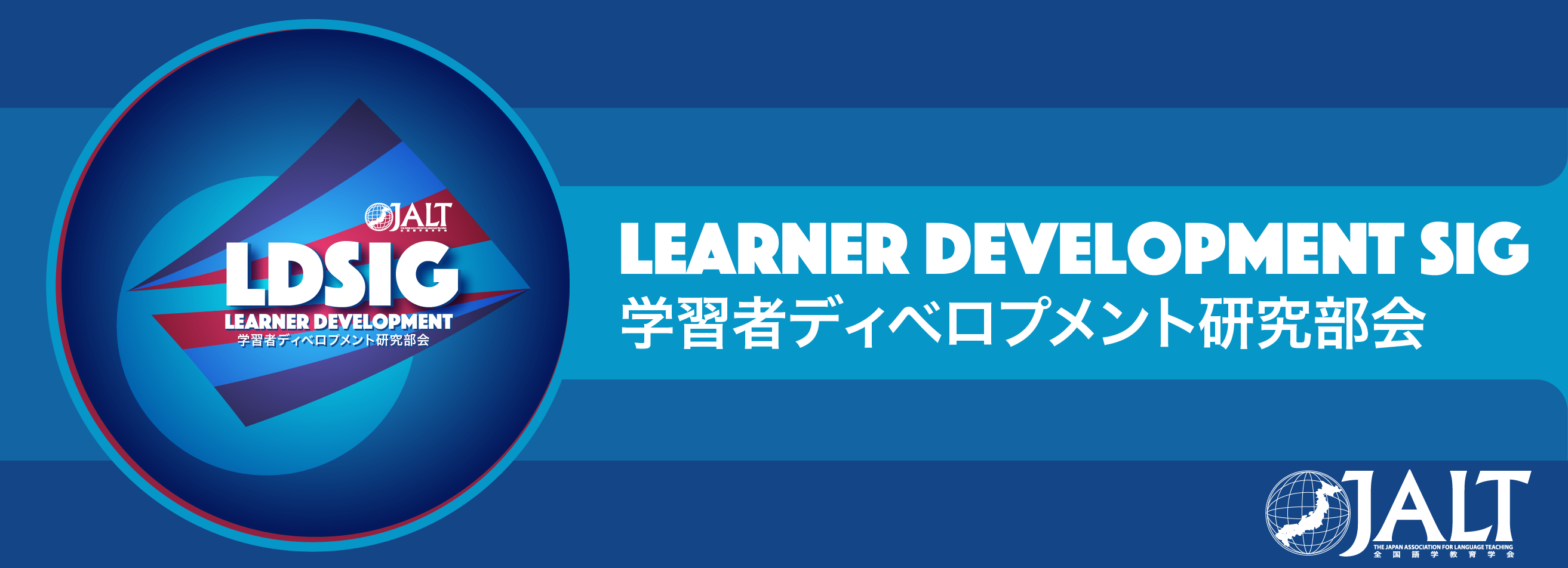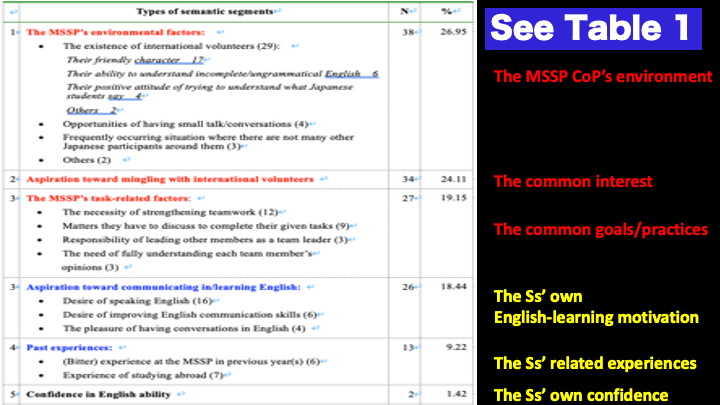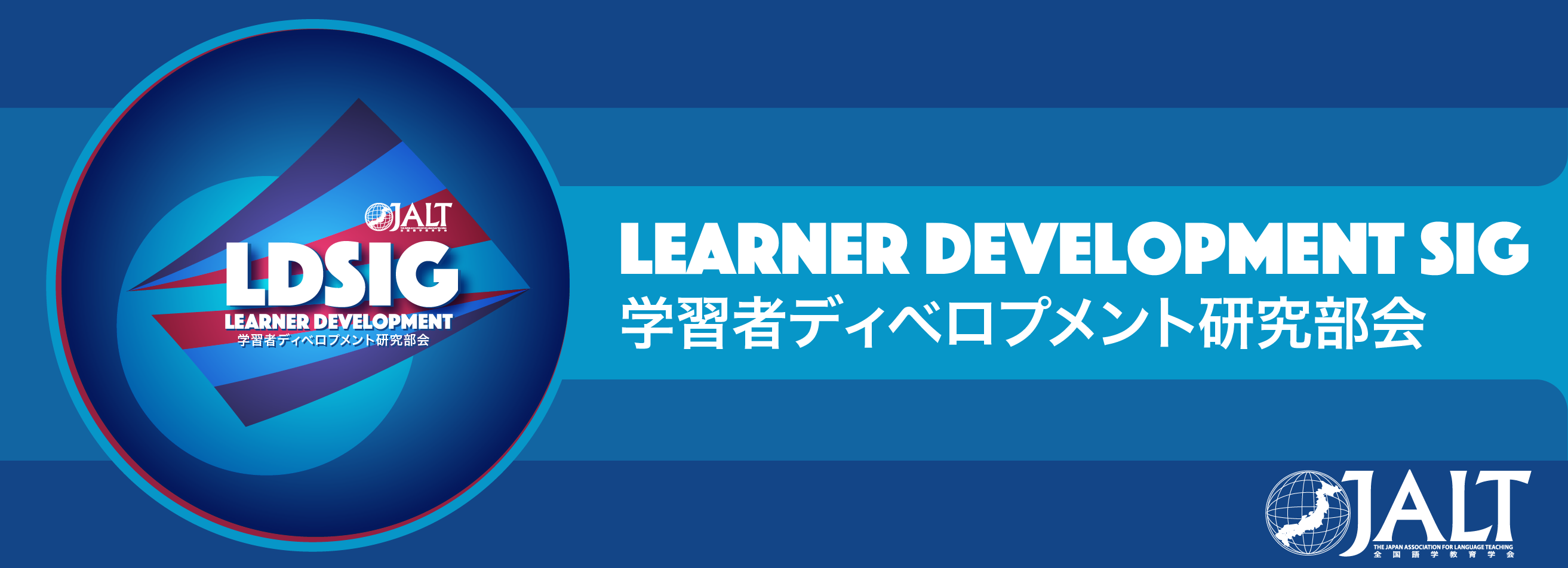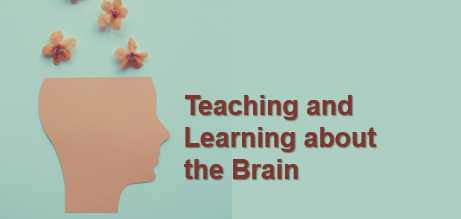Sessions / Unvetted SIG Forum
85 Minutes For more information about SIGs, please visit this page: https://jalt.org/main/groups
Literature in Language Teaching
(Re) Imagining literature in language education
The goal of content-based instruction (CBI) is to teach the subject—not the language—with the goal of providing genuine topics that interest and motivate the student beyond what many sterile language textbooks achieve. Literature is a creative product aimed at stimulating interest, so as a CBI subject it perhaps has the greatest potential to engage EFL students. Literature ranges from six-word memoirs, to comic books, to lengthy novels: it's creativity knows no bounds. As literature is a creative product, so too are the methods for using literature in language education. This forum mimics the theme of the conference : (Re) Imagining Language Education. How do you use literature to engage your students? In this LiLT forum, we would like to address this topic. Presenters will share their experiences in how they use literature in their classroom. Integral to the forum's success is audience participation; questions and insights will be solicited and greatly appreciated. Non-members and LiLT members alike are encouraged to attend and enrich our friendly and inclusive forum.

Gender Awareness in Language Education
GALE SIG Forum
This is the Forum of the gender awareness in language education (GALE) SIG. GALE’s mission is to research gender and its implications for language learning, teaching, and training; to improve pedagogical practices, develop language teaching material; to raise awareness of workplace and human rights issues related to gender for language professionals; and to increase networking opportunities among language professionals interested in teaching, researching, and/or discussing issues related to gender and language education. Forum speakers represent a wide range of research and perspectives on gender awareness in language education within the SIG and the organization of JALT as a whole. Presenters will engage in discussion of the importance of gender issues within the language teaching profession.
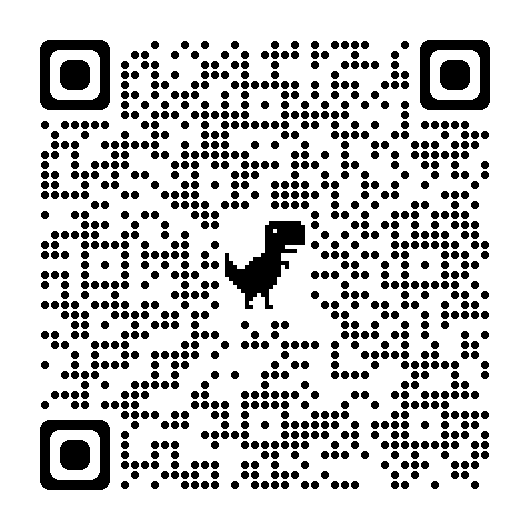
Computer Assisted Language Learning
EFL Games with CALL
The CALL SIG Forum this year will be discussing the topics of games, play, and language learning with technology. Speakers in the forum will include: Brian Teaman, Hanaa Khamis, and Brian Gallagher All conference participants are welcome to join the forum and engage with the speakers. This forum will be closely linked to the JALTCALL 2022 Conference theme of Gameplay and Technology in Langauge Learning. JALTCALL 2022: PLAYFUL CALL Exploring the Intersection of Games and Technology in Language Education Taking inspiration from Zimmerman’s manifesto which proposed the 21st century is the “ludic century,” the focus of the 2022 conference is “Playful CALL” which we interpret as the exploration of play, games, and other ludic approaches to CALL research and practice. https://jaltcall2022.edzil.la/
Global Issues in Language Education
GILE SIG Forum
This forum for the Global Issues in Language Education (SIG) will present the experiences of three global educators on how how they pursued cross-border classroom connections with university's overseas during the pandemic. Mahboubeh Rakhshandehroo, Olaf Fors, and Paul Horness will describe the collaborative online learning projects they engaged in with the aim of inspiring other educators. Participants looking to build cross-border connections and utilize technology more effectively for communication will want to join this session, which will be live streamed.
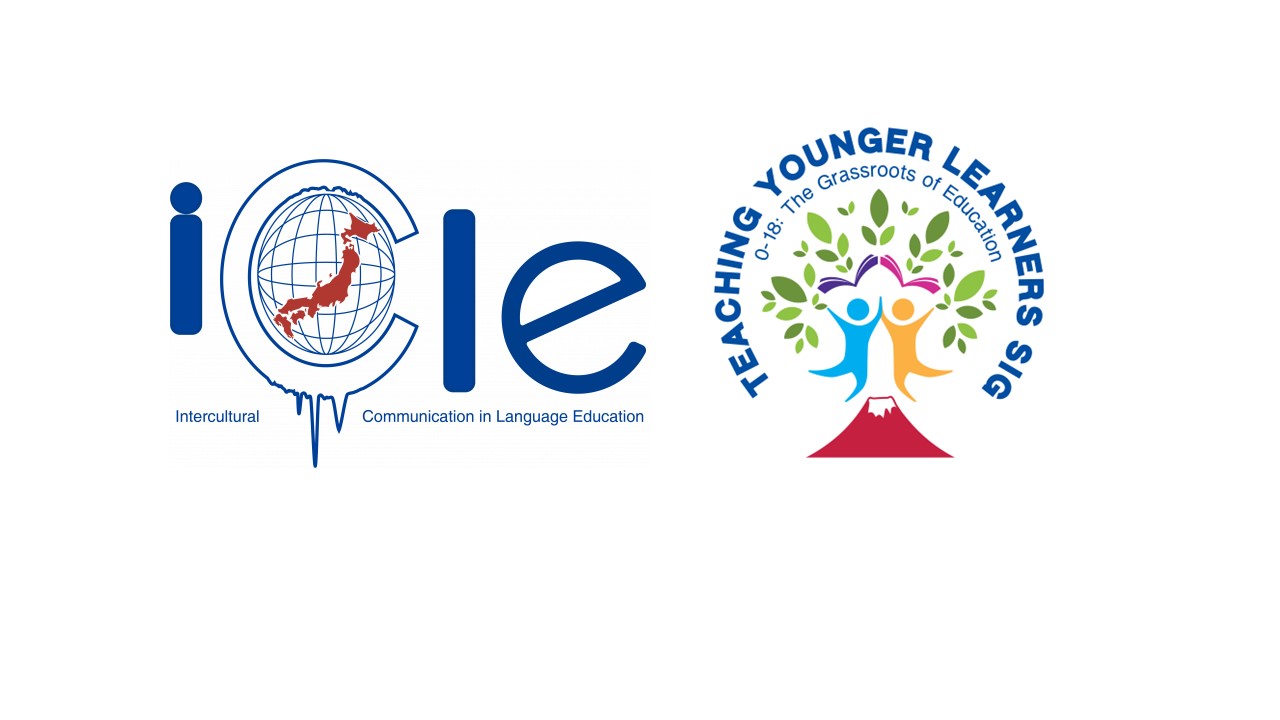
Intercultural Communication in Language Education
TYL & ICLE SIG Forum: Intercultural understanding in Japanese schools
This forum is a collaboration between the Teaching Young Learners (TYL) SIG and the Intercultural Communication in Language Education (ICLE) SIG. Its aim is to showcase how intercultural communication is approached in primary and secondary schools from a variety of perspectives. Some of our invited presenters will share their research based on descriptors from the Framework of Reference for Pluralistic Approaches to Languages and Cultures (FREPA) as to what degree intercultural communicative competence is promoted in the new elementary school English textbooks. Presenters will also discuss the difficulties of teaching aspects of an L2 that are not a common feature in the L1 sociocultural environment, engaging ways in which a teacher can introduce their own country and culture to a class, how the School Lunches Project promoted the development of an investigative stance towards plurality, and how intercultural understanding is incorporated in pre-service teacher education.
Accessibility in Language Learning
Sustainable Inclusivity: Practical Solutions for Supporting Learners
As the pandemic forced us to move online, learner needs became more diverse and complicated in language education. Teachers’ resources and strategies increasingly face a growing need to reflect these changes. The Act for Eliminating Discrimination against Persons with Disabilities (2016) mandated the provision of equal educational opportunities for all learners, including those with special needs. However, according to JASSO (2020), the percentage of students with special needs in higher education slightly decreased last year. This raises the following questions: Does online teaching better accommodate learners with special needs? Did the online context level the playing field and make traditional differences and difficulties invisible for teachers in? Further research is needed to fully understand these changes. In light of this, the ALL SIG forum will focus on sharing ideas and relating experiences of all participants. This forum will showcase individual stories and experiences creating needs analysis framework for the purpose of assessing contexts and sharing strategies and resources. By creating a support network, educators can work together to address the diversity of needs reflected in today’s classroom. The goal is to raise awareness of diverse learner needs and develop inclusive strategies for language teachers and school administrators.
Accessibility in Language Learning
Barrier-free learning in Japan: Panel
The panelists will talk about the lack of knowledge in creating barrier-free classes for learners with different abilities, current changes in policies in Japan, and how teachers are working with students to make their classes more inclusive. The session will begin with definitions of disabilities, issues faced by teachers who are not trained in recognizing them, and how teachers can create or modify classes to be effective for all students. Panel members will speak about helping students at all levels of education. We also hope to have enough time to answer participants' questions and help them make their own classes barrier-free.


